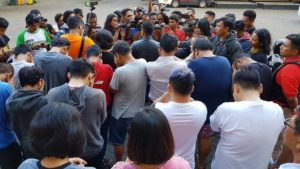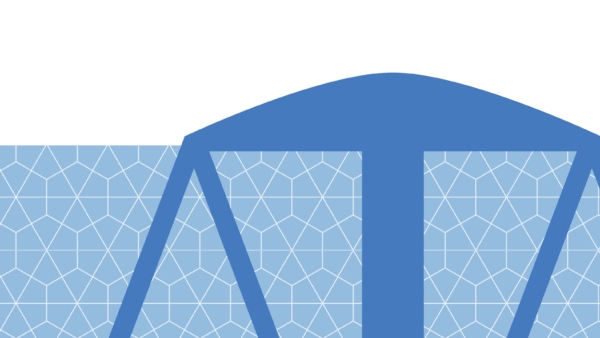Overview
Indonesia does not have an HIV-specific law at the federal level. Prosecutions are possible through use of provincial and district by-laws, however there have been no reported cases in Indonesia to date.
The main way the State controls and punishes people it believes might have HIV is through state-sponsored homophobia. There have been multiple reports of arrests and subsequent mandatory HIV testing relating to sex between men which technically is not illegal in Indonesia, except in Aceh province. Reports from 2017 include a police raid on a ‘gay party’ (14 arrested) and two raids on a gay sauna (more than 150 arrested). In 2018, two men were arrested for allegedly operating a Facebook page to facilitate contact between gay people. There have been multiple reports of arrests in Aceh for same-sex conduct, including the arrest of two men for having sex in their own home, who were sentenced to 85 lashes with the cane.
Further resources
UNDP together with UNAIDS and the National AIDS Commission convened a national consultation on legal and policy barriers to HIV in Indonesia to further assess the legal barriers to effective implementation of the National AIDS Strategy and Action Plans 2010-2014. The objectives were to assess the implication of barriers to HIV
response, identify opportunities under existing legal and supportive policy frameworks and provide concrete recommendations. This report identifies legal barriers and support (best practice) in implementing national policies on HIV/AIDS response
and proposes recommendations for removing existing barriers to ensure access to justice for key population.
Acknowledgements
Our thanks to Australian law firm Hall & Wilcox for their support identifying current relevant legislation.
HIV Justice Network's Positive Destinations
Visit the Indonesia page on Positive Destinations for information on regulations that restrict entry, stay, and residency based on HIV-positive status, as well as access to HIV treatment for non-nationals.

